Onmanorama Explains | The origin of the Israel-Palestine conflict

Mail This Article
On October 7, Israel's advanced defence system, the Iron Dome, intercepted hundreds of rockets fired from the Gaza Strip during a Hamas offensive. It was the beginning of yet another blood-soaked war between Israel and Palestine.
The Israel-Palestine conflict is deep-rooted in history and religion. In the beginning, Palestine, which had an Arab majority, was home to only a small Jewish minority. However towards the end of the 19th century, the region faced an influx of refugee Jews due to the anti-Semitic sentiments harboured by different communities across the world. According to Tanakh (Hebrew Bible) and the Old Testament of the Bible, the land of Canaan which comprises Palestine and parts of Jordan and Lebanon is the 'Promised Land', the land God gave to the descendants of Abraham.
One of the earliest recorded Jewish immigration to Palestine was during the Kiev pogrom in 1881. The Russian Jews were hunted down in Kiev after the assassination of Tsar Alexander II, the Emperor of Russia in 1881.
The influx of Jews into Palestine was also fuelled by the writings of Austro-Hungarian Jewish journalist and political activist Theodor Herzl. In 1896, Herzl published the pamphlet Der Judenstaat (The Jewish State), in which he elaborated his visions of a Jewish homeland. In 1897, Herzl convened the First Zionist Congress in Basel, Switzerland, and was elected the president of the Zionist Organization. He died in 1904 but his intervention played a key role in the immigration.
There was also a huge inflow of Jewish immigrants to Palestine in the wake of the Holocaust during the Second World War from 1941-45. Following this, the friction between the Arabs and Jews intensified.

Power play
The fighting between the Arabs and Jews was accompanied by resistance towards the British rule in the state. Palestine, which was in the possession of the Ottoman Empire, had passed on to the British Empire after World War I.
The old Palestine, which includes present-day Israel and Palestine, was the territory between the Mediterranean Sea and the Jordan River. It was a melting pot of civilisations as it is strategically located between three continents - Asia, Europe and Africa. It is the birthplace of Judaism and Christianity and has been ruled by most of the prominent kingdoms in the world like the ancient Egyptians, the Persians, the Romans, the Caliphates and the Crusaders.
Many of its present-day problems stem from the simple question – who originally inhabited the region?
Balfour Declaration
The British tried to address this question in the most destructive way possible.
In 1917, during World War I, the British issued a statement called the Balfour Declaration which committed to the establishment of a national home for the Jewish people. Jews were fewer than 3 per cent of the population in Palestine at the time.
But the meddling did not stop there. In the 1915 Hussein-McMohan correspondence with the Mecca emir, it promised the Arabs independence from the Ottoman Empire. They also signed a secret treaty with the French known as the 1916 Sykes-Picot Agreement. The agreement stated that the majority of Palestine would be under international administration, while the rest of the region would be split between the two colonial powers after the war.
The Balfour Declaration was endorsed by the Allied powers and approved by the League of Nations in 1922. The declaration indirectly equipped Jews to establish a home, at the expense of Palestinian Arabs. By 1948, the Jewish population increased to 33 per cent (United Nations Special Committee on Palestine report). Currently, Jews make up 73 per cent of the Israeli population and Arabs account for 21 per cent.
Following the 1936-1939 Arab revolt in Palestine, in May 1939, the British government altered its policy in a White Paper recommending a limit of 75,000 further immigrants and an end to immigration by 1944, unless the resident Palestinian Arabs of the region consented to further immigration. Zionists condemned the new policy, accusing Britain of favouring the Arabs. This point was made moot by the outbreak of World War II (1939–45).
In an attempt to end the conflict, the newly formed United Nations in 1947 voted to divide Palestine into two - a Jewish and Arab state- with Jerusalem under international administration. But it was not implemented as the Arab side rejected the idea.
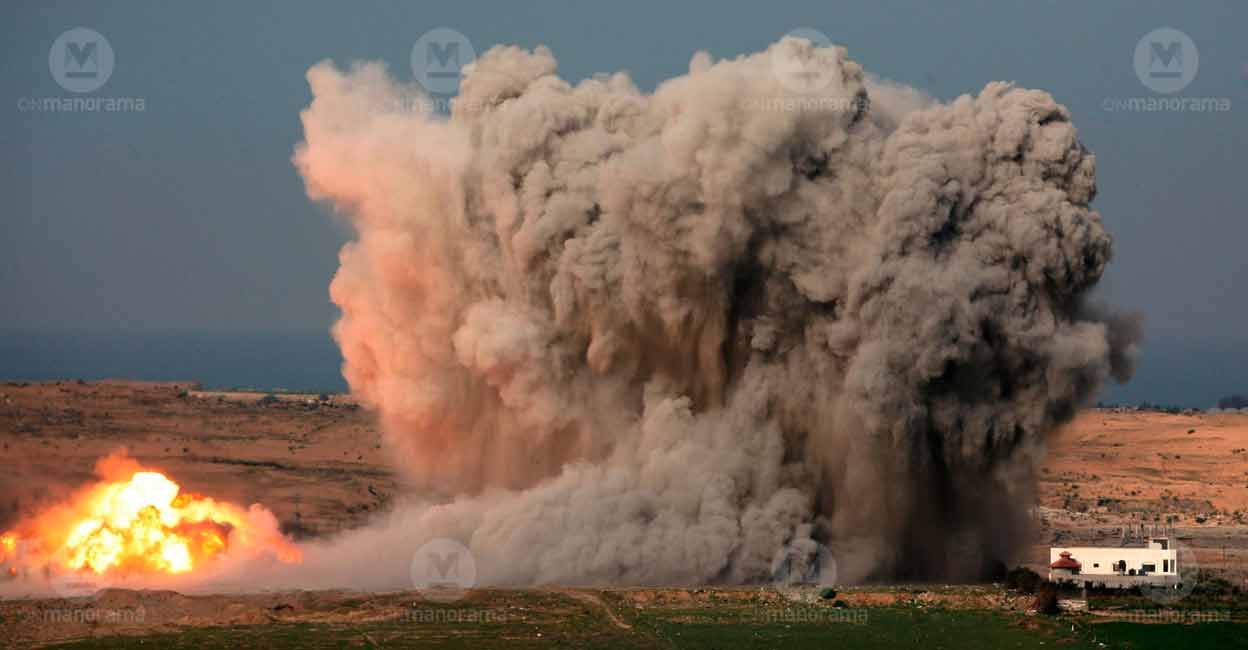
The founding of Israel
In 1948, Britain withdrew from Palestine and Jewish leaders founded Israel. The Palestinians naturally objected and a war followed. The support of the neighbouring Arab states like Syria and Jordan was met with a stiff defence built by the Jews. They had an army that was formed out of the armed paramilitary groups trained and created to fight side by side with the British in World War II.
In 1949, the neighbouring Arab countries recognised the new borders of Israel and signed the 1949 Armistice Agreements to end the war.
During the war, 700,000, or about 80 per cent of all Palestinians were driven out of the territory that Israel conquered. They were not allowed to return. The event came to be known as the Nakba ("Catastrophe") amongst Palestinians. From the late 1940s, about 850,000 Jews from the Arab world immigrated ("made Aliyah") to Israel.
Only two parts of Palestine remain in Arab control now - the West Bank and the Gaza Strip.
The era of PLO and Yasser Arafat
The Arab voice gained international recognition with the founding of the Palestine Liberation Organisation (PLO) in 1964 during the first Arab summit in Cairo, where leaders of 13 Arab nations pledged to take a more active role in the “liberation of Palestine.”
PLO was primarily an umbrella organisation for Palestinian groups. The Fatah group, headed by Yasser Arafat, was the most prominent among them.
In 1969, Arafat was elected PLO chairman. Arafat was also part of the 1948 Arab-Israeli war.
The PLO initially sought to establish an Arab state over former Mandatory Palestine and eliminate the state of Israel. However, in 1993, it recognized Israeli sovereignty with the Oslo I Accord and sought Arab statehood in the Palestinian territories (West Bank and the Gaza Strip) that have been militarily occupied by Israel since the 1967 Arab–Israeli War.
(Israel had captured Gaza and Sinai from Egypt during the Six-Day War in 1967 when Jordan, Syria and Egypt attacked it. Golan Heights was taken from Syria, and West Bank and East Jerusalem, from Jordan.)
On September 13, 1993, Arafat and then Israeli Prime Minister Yitzhak Rabin signed the Oslo Accord which granted Palestinians the right to self-government in the Gaza Strip and the city of Jericho in the West Bank through the creation of the Palestinian Authority. They were awarded the Nobel Peace Prize the following year.
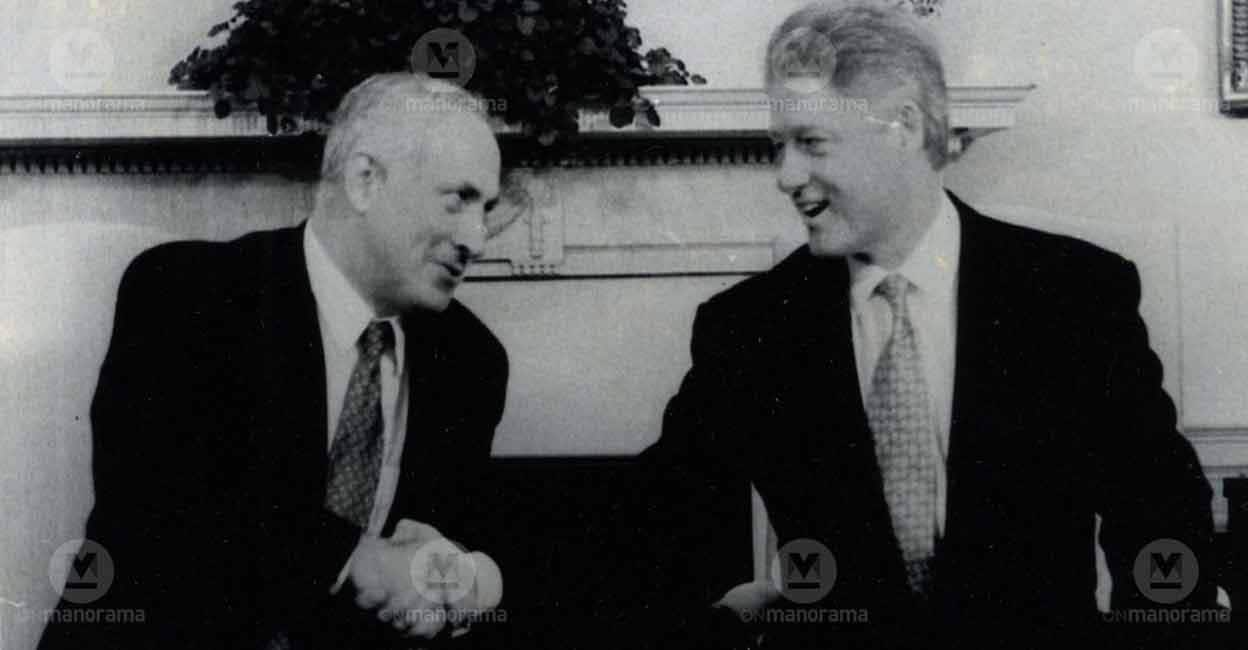
In 1994, Arafat moved to Gaza City, which was controlled by the Palestinian National Authority (PNA) — the provisional entity created by the Oslo Accords. Arafat became the President and Prime Minister of the PNA.
But the peace brokered by Arafat and Rabin could not be guaranteed due to the presence of Hamas, a political group with military capabilities. Benjamin Netanyahu, the Israeli PM, who followed Rabin was also sceptical about the provisions of the Oslo Accord.
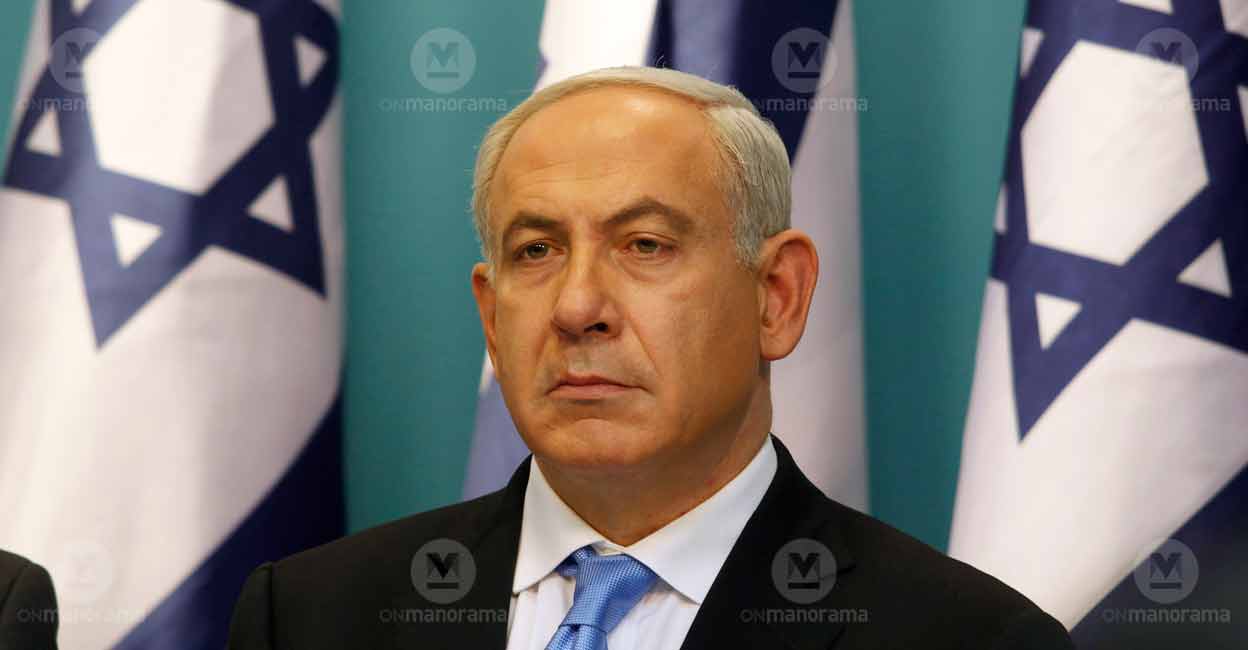
Rise of Hamas
Hamas, an acronym for Harakat al-Muqawama al-Islamiya (Islamic Resistance Movement), was launched by Palestinian cleric Sheikh Ahmed Yassin in 1987 as a political arm of the Muslim Brotherhood, a transnational Sunni Islamist organisation. It was born after the outbreak of the First Intifada, a series of protests carried out by Palestinians against Israel from 1987-1993.
Hamas currently governs the Gaza strip of Palestine and has a presence in West Bank which is controlled by Fatah. Unlike the PLO, Hamas refuses to acknowledge Israel's legitimacy. It has pursued a policy of jihad (armed struggle) against Israel.
The failure of the Middle East Peace Summit at Camp David in 2000 and the disappointment with the PLO prompted many Fatah factions to join the Hamas and Islamic Jihad. Provoked by the Israeli opposition leader Ariel Sharon's visit to Al Aqsa in 2000, a major Palestinian uprising known as the Second Infatida broke out in the Israeli-occupied Palestinian territories and Israel.
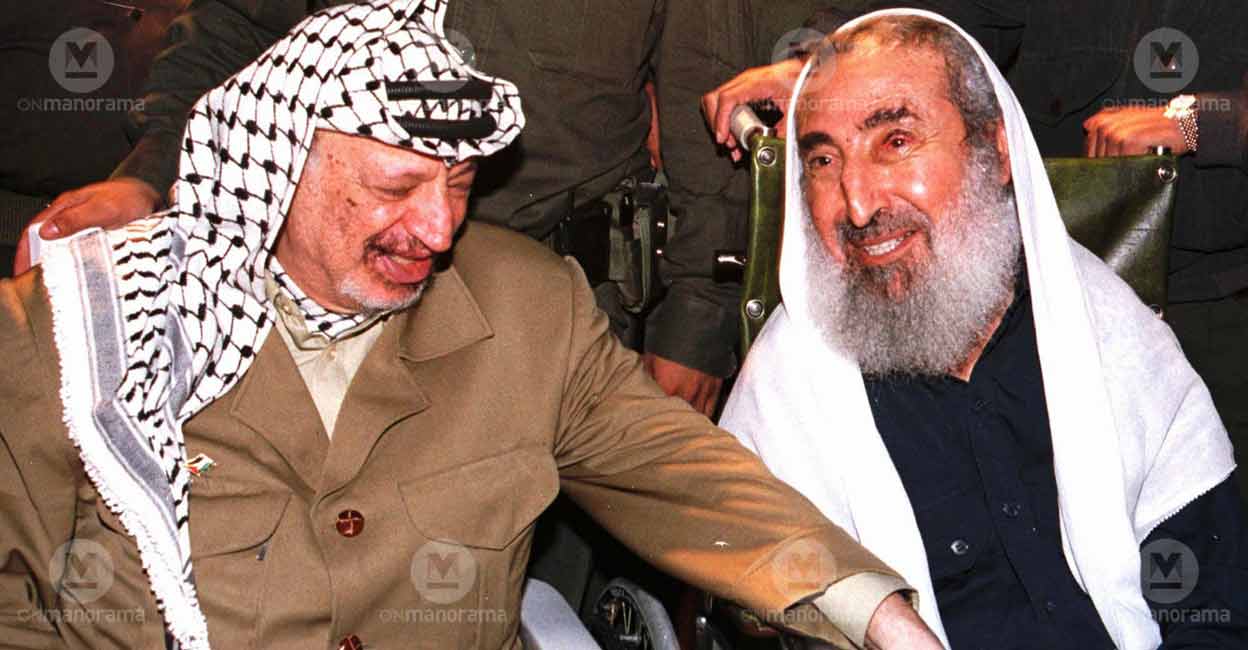
Arafat, who was surrounded by the Israeli Army during the Second Infatida, eventually died in 2004. Mahmoud Abbas became the chairman of the PLO in 2004. He has been serving as the PNA president since January 2005, and State of Palestine president since May 2005.
When the Islamic party Hamas won the Palestinian legislative election in 2006, gaining a majority of seats in the Palestinian Legislative Council, the conflict between Israel and Gaza intensified.
After the election, Israel negotiated with Abbas and the PLO but simultaneously targeted and bombed Hamas activists and militants.
In 2007, Hamas seized control of the Gaza Strip, which was part of Palestine. But the Hamas offensive did not end there. In 2008, provoked by rocket fire from Gaza, an armed conflict erupted between the Palestinian paramilitary and Israeli Defence Forces (IDF) lasting three weeks.
The war was brought to a temporary halt in 2009 by a cease-fire. In 2014, fighting intensified between Israel and Hamas, leading to another full-scale Gaza War. The war ended with a ceasefire agreement after 50 days.
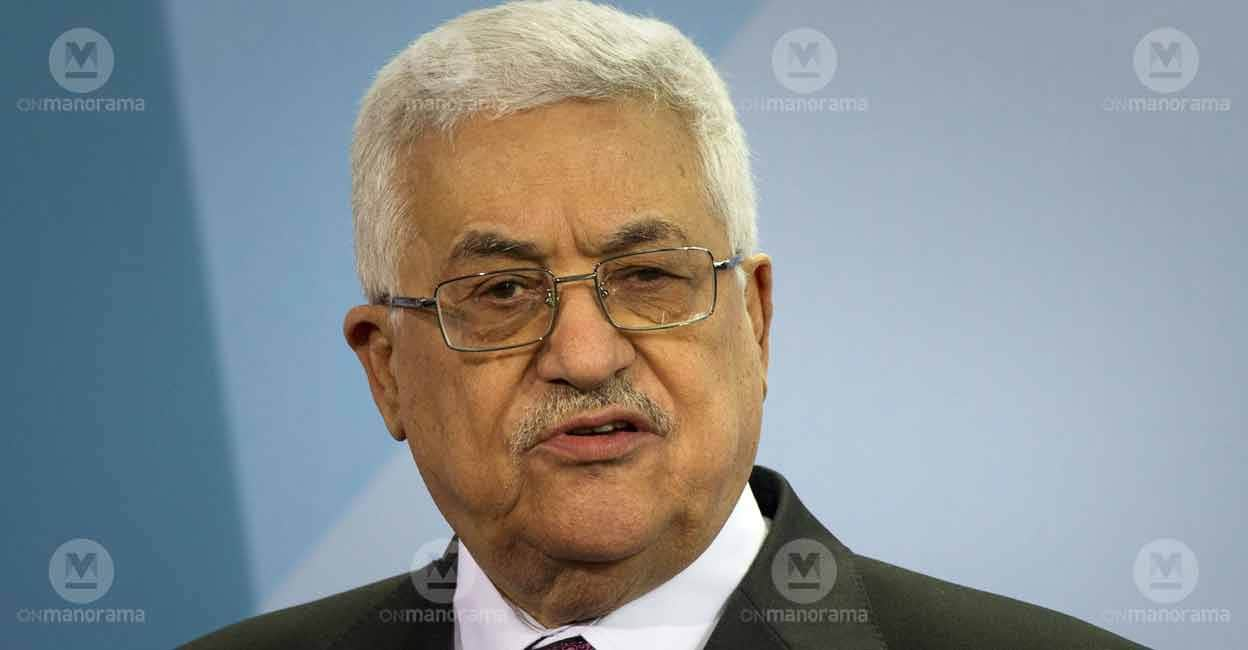
Clashes also erupted in 2010, 2011, 2012, 2018, 2019, 2021 and 2022.
The October 2023 attack, which included a rocket barrage and vehicle-transported attacks across the border on Israeli communities and forces, is the most recent addition to the list.
International position
The United States has been a strong supporter of Israel since 1960s. Israel was the largest recipient of US aid in 2022. America has vetoed UNSC resolution against the country 42 times. It has also recognised Jerusalem as the capital of Israel.
During Israeli Prime Minister Netanyahu's second administration and the new Obama administration period, the US pressured Israel into accepting a Palestinian state and entering negotiations. In 2009, Israel imposed a ten-month freeze on settlement construction in the West Bank. In 2011, the Obama administration paved the way for the development and production of the Iron Dome missile defence system for Israel, contributing $235 million to its funding.
India-Israel ties
Fired by the freedom struggle, most of the Indian leaders including Mahatma Gandhi believed that Arabs were the rightful occupants of the land and that Jews should return to their countries of origin. Opposed to a division on religious lines it even voted against the Partition of Palestine place in 1947 and Israel's admission to UN in 1949. It recognised Israel as a state in 1950.
Though India maintained a policy of Non-Aligned Movement during the initial years of Independence and clarified that it respected the Palestinian cause, Israel emerged as a key ally of India over the years. It supplied India with arms, ammunition and intelligence during its conflicts with Pakistan. India is among the top 10 trade partners of Israel. Under Narendra Modi, India has showcased its support for the country on international platforms by abstaining from voting against Israel in UN resolutions. In 2017, he became the first ever Prime Minister of India to visit Israel.


